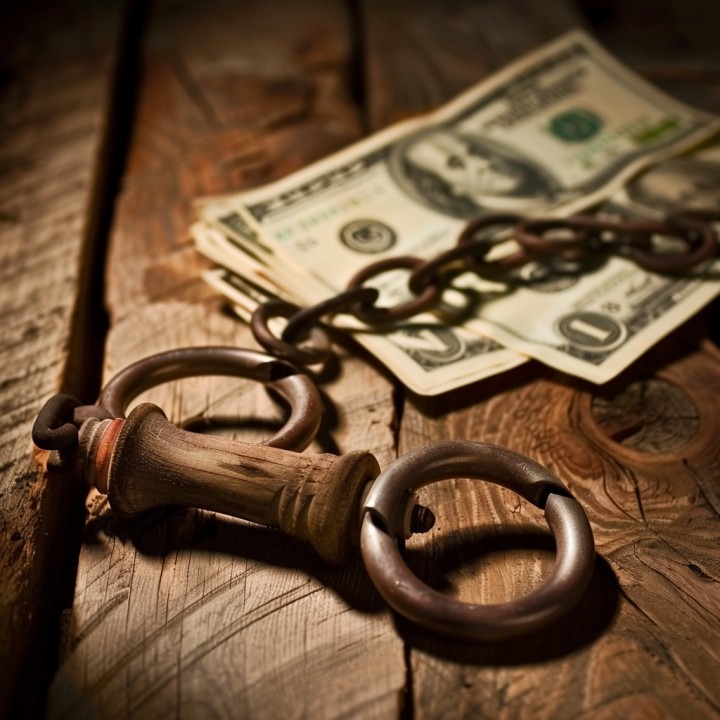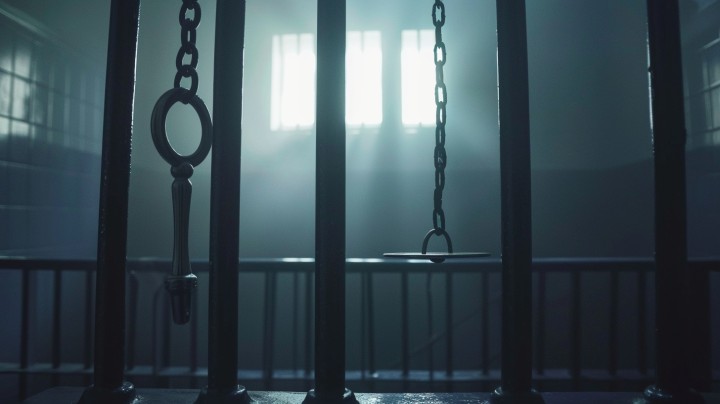Navigating the complexities of the US criminal justice system can be daunting, especially when it comes to understanding the intricacies of bail and pretrial release. Central to this process is the role of the bail bondsman, a figure that often bridges the gap between the accused and their ability to secure temporary freedom. This article delves into the critical functions bail bondsmen serve, their impact on defendants and the legal system, and addresses common questions surrounding their services.
Bail Bondsmen: Navigators of Pretrial Release
Bail bondsmen operate within the bail segment of the criminal justice system, providing a service that allows defendants to post bail who otherwise couldn’t afford it. They are licensed professionals who offer to pay the bail amount set by the court in exchange for a fee, typically a percentage of the bail amount, and sometimes collateral from the defendant or their family.
The Mechanism of Bail Bond Services
The process begins when a court sets a bail amount that a defendant must pay to be released from custody pending trial. If the defendant cannot afford the bail, they can turn to a bail bondsman. The bondsman will cover the total bail amount, securing the defendant’s release, in return for a non-refundable fee.
Assurance of Court Appearance
One of the bail bondsman’s primary roles is to ensure that their client appears in court at the designated times. If a defendant fails to appear, the bondsman is responsible for the full bail amount. To mitigate this risk, bondsmen may employ bounty hunters to locate and return the defendant to court.
Impact on Defendants and the Justice System
Accessibility to Pretrial Release
Bail bondsmen play a crucial role in making pretrial release accessible to individuals who would otherwise remain incarcerated due to financial constraints. This service not only helps maintain the presumption of innocence but also allows defendants to continue their daily lives, work, and prepare their defense.
Controversies and Criticisms
Despite their vital role, the bail bond industry faces criticism. Critics argue that the system perpetuates inequality, as it benefits those who can afford to pay the bondsman’s fee, leaving the economically disadvantaged in a more precarious position.
Regulation and Oversight
Licensing and Professional Standards
Bail bondsmen are subject to state regulations, which include licensing requirements, professional standards, and oversight. These regulations are designed to protect consumers and ensure that bondsmen operate within the law.
Ethical Considerations
The ethical practices of bail bondsmen are crucial for maintaining trust and integrity in the criminal justice system. This includes transparency in fees, fair treatment of clients, and adherence to legal obligations.
The Future of Bail Bondsmen in Criminal Justice
Reform and Alternatives
The bail system, including the role of bail bondsmen, is under scrutiny as part of broader criminal justice reform efforts. Discussions focus on finding more equitable solutions for pretrial release that do not disproportionately impact the financially disadvantaged.
Adapting to Change
As reforms are implemented, the bail bond industry may need to adapt. This could involve offering more flexible payment options, engaging in community-based pretrial programs, or diversifying services.
FAQs About Bail Bondsmen
- What is the typical fee charged by a bail bondsman? The fee is usually a percentage of the bail amount, often around 10%, but this can vary by state and the specifics of the case.
- Can the fee paid to a bail bondsman be refunded? No, the fee is non-refundable, serving as the cost for the bondsman’s service to secure the defendant’s release.
- What happens if a defendant skips bail? The bail bondsman is responsible for the full bail amount. They may employ bounty hunters to locate the defendant and ensure their court appearance.
- Are there alternatives to using a bail bondsman? Yes, defendants may pay the full bail amount directly to the court, use property as collateral, or be released on their own recognizance, depending on the case and jurisdiction.
- How are bail bondsmen regulated? Bail bondsmen are regulated at the state level, which includes licensing requirements, professional standards, and oversight to ensure ethical practices.
In conclusion, bail bondsmen play a pivotal role in the US criminal justice system, providing essential services that facilitate pretrial release and maintain the balance between justice and individual rights. While the system faces criticism and calls for reform, the function of bail bondsmen remains a cornerstone of the bail process, highlighting the ongoing need for balance, fairness, and accessibility in pretrial practices.
[ninja_form id=6]






